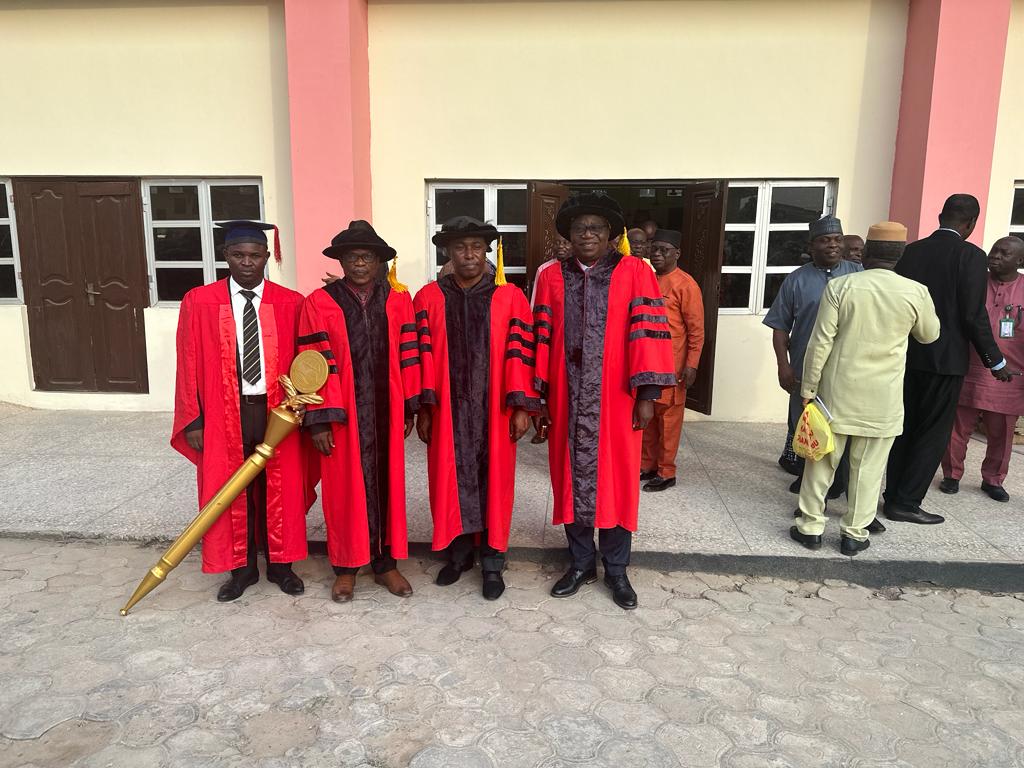
Managing Director/Editor-in-Chief of The Guardian, Martins Oloja, yesterday, described Nigeria’s education system as a ticking time bomb due to poor policies, inadequate investment and lack of commitment on the part of policymakers.
He stressed the urgent need for reform, advocating adoption of the Singaporean model and a holistic approach to address the country’s educational challenges.
Delivering the 12th convocation lecture of Adekunle Ajasin University, Akungba-Akoko (AAUA), Ondo State, with the topic, “Internationalisation of University Education for Global Relevance: Experiences, Barriers, and Prospects,” Oloja, who called for internationalisation of higher education in Nigeria, emphasised the need for universities to seek partnerships with reputable foreign institutions to enhance quality of education and promote global competitiveness.
He said: “The warning is germane now because the state of education anywhere is a combination of many factors, including the quantum of resources committed to the educational sector and the quality of human capital assigned to manage the value chain.
“So before it is too late, we need to tell our leaders to invest robustly in education. Let’s not be telling them to fund education, which they do haphazardly and quite often; it turns out to be like what Shakespeare calls a tale told by an idiot, full of sound and fury, signifying nothing.
“Nigeria has a long history with education. The country’s educational system has undergone a transition from the traditional system where mature men instructed the youths in personal, good citizenship, and community responsibilities to the formal Western education brought by the missionaries in the mid-nineteenth century.
“Even before the 1960s, schools were properly administered and discipline was enforced. The quality of graduates was high, and certificates awarded by the schools were equal to those awarded by schools in the West. However, things went sour and education was neglected in the late 1980s, and the quality of graduates has since become unreliable.’’
“This same degeneration has spread tentacles to the economy, governance, science and technology, medicine, religion, individual responsibility, and finally Nigeria’s global competitiveness. Education quality drives global competitiveness.
“Our leaders often appreciate orators and public speakers when they regale them with how Lee Kuan Yew turned one city-state into a significant nation. I would like to encourage our leaders to spare a weekend to study the role of quality not just in the education of Yew but also in the lives of Singaporeans.”
Contrary to the narrative that Nigeria needs more universities, Oloja argued that the focus should be on improving the existing institutions, adding that the quality of education should take precedence over quantity.
On his part, the Vice-Chancellor, Prof Olugbenga Ige, noted: “In today’s interconnected world, where knowledge knows no borders, the role of universities in preparing students to navigate a diverse and complex global environment is paramount.”






